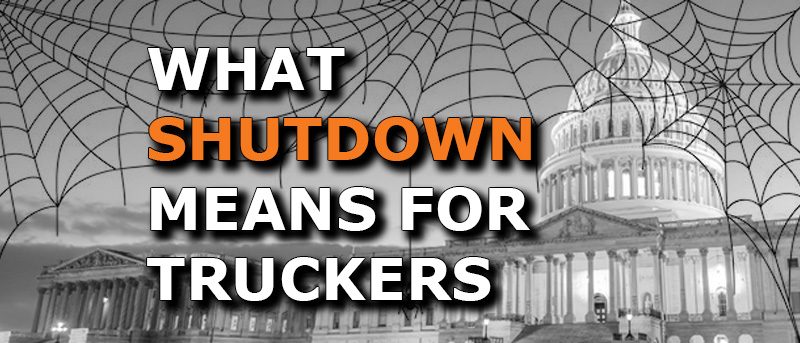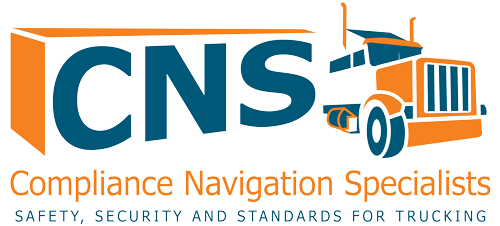What a U.S. Government Shutdown Means for FMCSA, DOT, and Roadside Inspections

When the federal government shuts down due to a lapse in appropriations, industries across the country feel the impact — and trucking is no exception.
But what does this actually mean for fleets, drivers, and DOT inspections?
Let’s break it down.
Essential vs. Non-Essential Operations
During a shutdown, federal agencies are legally required to pause “non-essential” activities and furlough those employees. However, any functions that protect life, property, or national security must continue.
For trucking, this is important because roadside inspections, safety enforcement, and oversight fall under essential functions that directly impact public safety.
FMCSA Funding and Operations
Unlike some agencies, the Federal Motor Carrier Safety Administration (FMCSA) is largely funded through the Highway Trust Fund and contract authority, not just annual appropriations. This means:
- FMCSA operations generally continue during a shutdown, provided there is sufficient cash on hand.
- Past shutdown plans show that FMCSA employees are not typically furloughed.
- Core safety programs and enforcement remain active.
In other words, drivers and fleets should not expect a “pause” in DOT or FMCSA oversight.
Will Roadside Inspections Continue?
Yes. Roadside inspections are considered an essential safety function.
Both federal and state enforcement partners perform these inspections, and most weigh stations are run by state DOTs, which are not directly affected by a federal shutdown.
Drivers should assume inspections will continue as normal. Violations will still result in citations, out-of-service orders, and compliance reviews.
What May Be Delayed or Disrupted
While the day-to-day enforcement likely won’t change, some aspects of FMCSA and DOT operations may slow down:
- Rulemaking and new initiatives – Expect delays in new safety rules, regulatory updates, or waiver processing.
- Audits and investigations – Compliance reviews and safety audits may take longer, although enforcement of violations will continue.
- Administrative support – Processing non-urgent matters, permits, or correspondence may be slower.
- New safety programs – Initiatives and studies could be postponed until full funding resumes.
If the shutdown is prolonged, fleets may eventually notice more significant delays in services, but immediate roadside safety oversight will remain intact.
Bottom line
Government shutdowns create uncertainty, but safety enforcement on America’s highways doesn’t stop.
Fleets and drivers should continue to operate with full compliance, keep documentation up to date, and not assume that inspections will be reduced.
At Compliance Navigation Specialists (CNS), our experts can help you take proactive steps now to ensure full compliance and ensure your business avoids costly delays.
Contact CNS today to make sure your compliance needs are covered, call us at 888.260.9448 or email at info@cnsprotects.com.
Questions about DOT Compliance, Licensing, Audits, Programs, etc.?
Our DOT Specialists are here to help!
What are you searching for?
Is DOT Compliance your Top Priority?
Our DOT Compliance Programs ensure it is your top priority and keeps your business running.
Related Services
Subscribe to our Monthly Newsletter
Receive the latest transportation and trucking industry information about FMCSA and DOT Audits, Regulations, etc.
Related news
Trucking News
Get the latest trucking news on DOT Compliance, Licensing, Audits, and more!

What to Look for in a DOT SAP: Tips & Best Practices for Drivers and Employers
8 Tips on Why Your SAP Provider Might Be Putting You at Risk Not all Substance Abuse Professionals (SAPs) are the same and choosing the

FMCSA’s Anti-Chameleon Carrier Strategy: Principal Place of Business Enforcement and MOTUS
The Federal Motor Carrier Safety Administration (FMCSA) has announced a renewed crackdown on “chameleon carriers”, which are unsafe operators who attempt to escape their safety

DOT SAP Program Explained (2026 Guide)
Requirements, Timeline, Costs, and What Drivers Need to Know “A positive test doesn’t end your career. The right process gets you back on the road
